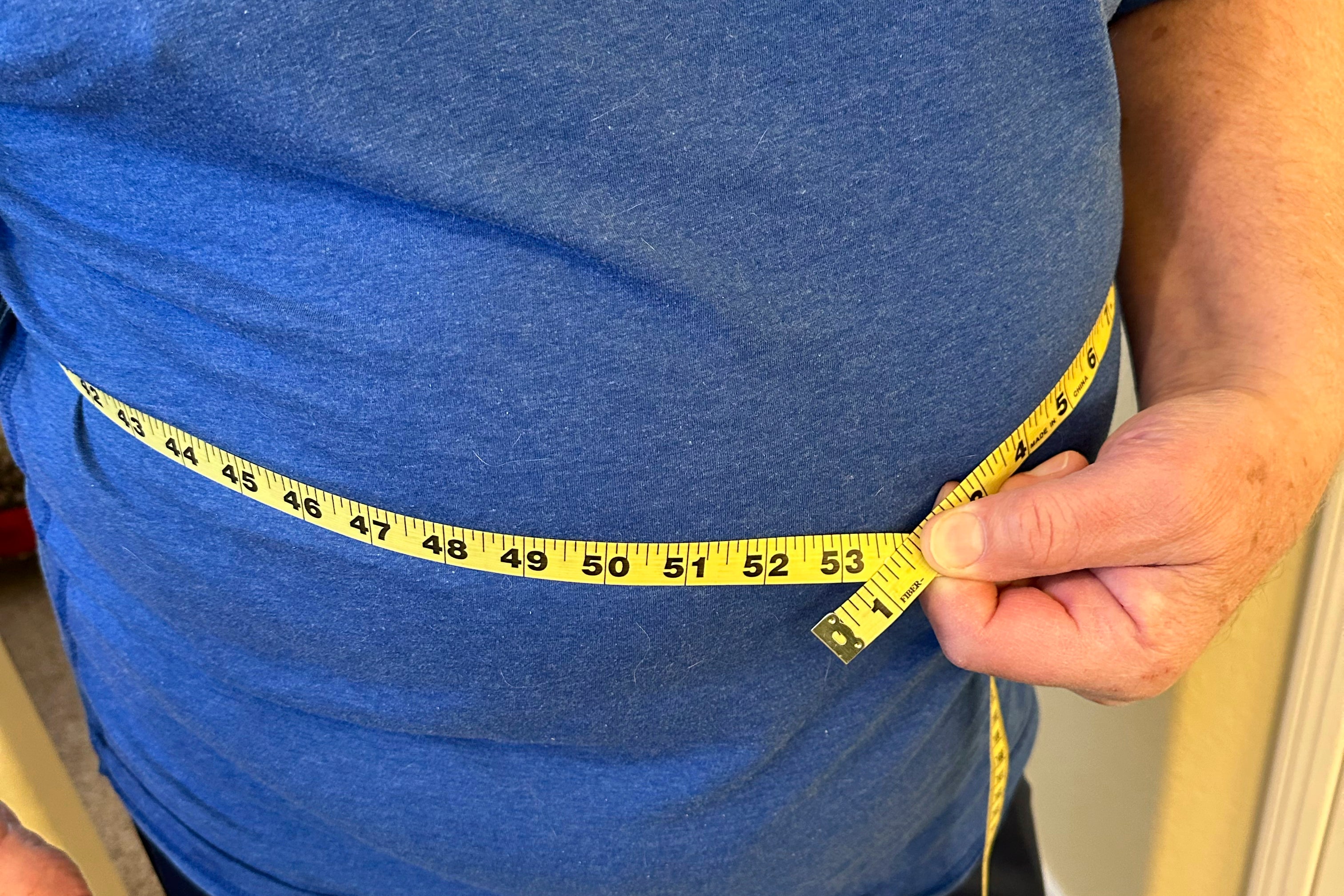Call to overhaul obesity diagnoses amid fears of over-reliance on BMI
Share:
Lancet commission’s report calls for global shake-up and suggests looking at measures such as waist-to-height ratios and ill-health symptoms. Doctors are proposing a “radical overhaul” of how obesity is diagnosed worldwide amid concerns that a reliance on body mass index may be causing millions of people to be misdiagnosed.
More than 1 billion people are thought to be living with the condition that for decades has been diagnosed by measuring a person’s BMI (their ratio of height to weight) to estimate the amount of excess body fat they have. However, there are fears BMI on its own is not a “reliable measure” of an individual’s health and may be resulting in both under- and over-diagnosis of obesity, with “negative consequences” for those affected and wider society.
Dozens of the world’s leading experts across a broad range of medical specialisms – including endocrinology, internal medicine, surgery, biology, nutrition and public health – are now calling for a “reframing” of the condition that is causing major harm on every continent and costing countries billions.
Relying only on BMI is “ineffective” because it is not a direct measure of fat, fails to reflect fat distribution around the body, and does not provide information about a person’s health, according to a report published by the experts in the Lancet Diabetes and Endocrinology journal.
The proposed shake-up, endorsed by more than 75 medical organisations around the world, puts forward new ways to diagnose obesity based on other measures of excess body fat in addition to BMI, such as waist-to-hip ratio or waist-to-height ratio, as well as objective signs and symptoms of ill health.






















